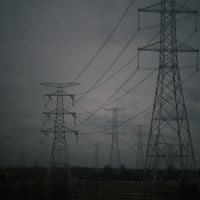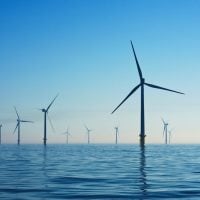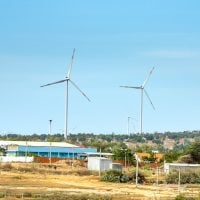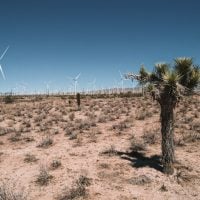Deadline: 28-Apr-22
The Natural Environment Research Council (NERC) has announced the applications for the Research Biological Influence on Future Ocean Storage of Carbon Programme.
Apply for funding to provide new understanding of the role of marine life in ocean carbon storage. You will help inform future predictions of ocean carbon storage.
Funding should be used for modelling, analyses of existing data or laboratory work. Research should focus on specific gaps in understanding relating to globally significant processes.
Aims
- In addressing challenges one, two and three, research will provide a fundamental understanding of key biological processes that are globally relevant.
- By encapsulating this new knowledge in a robust modelling framework, it will examine the resulting feedback on future predictions for how global ocean carbon storage may change.
- Additionally, it will provide new parameterisations of key processes for inclusion in the next generation of climate models, and ‘emergent constraints’ to identify clearly erroneous forecasts.
- The use of emergent constraints has been successfully applied to other areas of climate science, such as a constraint on climate sensitivity provided by air temperature variability or cloud feedbacks. However, it is yet to be adopted widely in marine science.
Funding Information
- The full economic cost of your project can be up to £250,000. NERC will fund 80% of the full economic cost.
- Total fund: £1,000,000
Types of Challenges
- Challenge one: how does marine life affect the potential for seawater to absorb CO2, and how will this change?
- Challenge two: how will the rate at which marine life converts dissolved CO2 into organic carbon change?
- Challenge three: how will climate change-induced shifts in respiration by the marine ecosystem affect the future ocean storage of carbon?
What they are looking for?
- The ocean stores huge amounts of carbon dioxide (CO2) that would otherwise be in the atmosphere.
- Marine organisms play a critical role in this process, but emerging evidence indicates that climate models are not fully accounting for their impact.
- This undermines carbon policies, such as national net zero targets.
- This biological influence on future ocean storage of carbon (BIO-Carbon) research programme is carefully designed to produce new understanding of biological processes. It will provide robust predictions of future ocean carbon storage in a changing climate.
- The World Climate Research Programme (WCRP), which coordinates climate research internationally and is sponsored by UN organisations, has expressed its greatest priorities as three questions.
-
This programme will address two of those questions:
- what biological and abiological processes drive and control ocean carbon storage?
- can and will climate-carbon feedbacks amplify climate changes over the 21st century?
Geographic Focus
- The BIO-Carbon programme aims to highlight the importance of international waters to discussions on carbon policy.
-
All BIO-Carbon projects are therefore required to focus research on processes that are globally relevant, in waters:
- within the open ocean water column that regulate carbon storage
- beyond the continental shelf break
- where the seafloor is typically at a depth greater than 1,000m.
Eligibility Criteria
NERC research and fellowship grants can be held at any of the following:
- approved UK higher education institutions
- approved research institutes
- approved independent research organisations
- public sector research establishments.
For more information, visit NERC.
For more information, visit https://www.ukri.org/opportunity/research-biological-influence-on-future-ocean-storage-of-carbon/









































